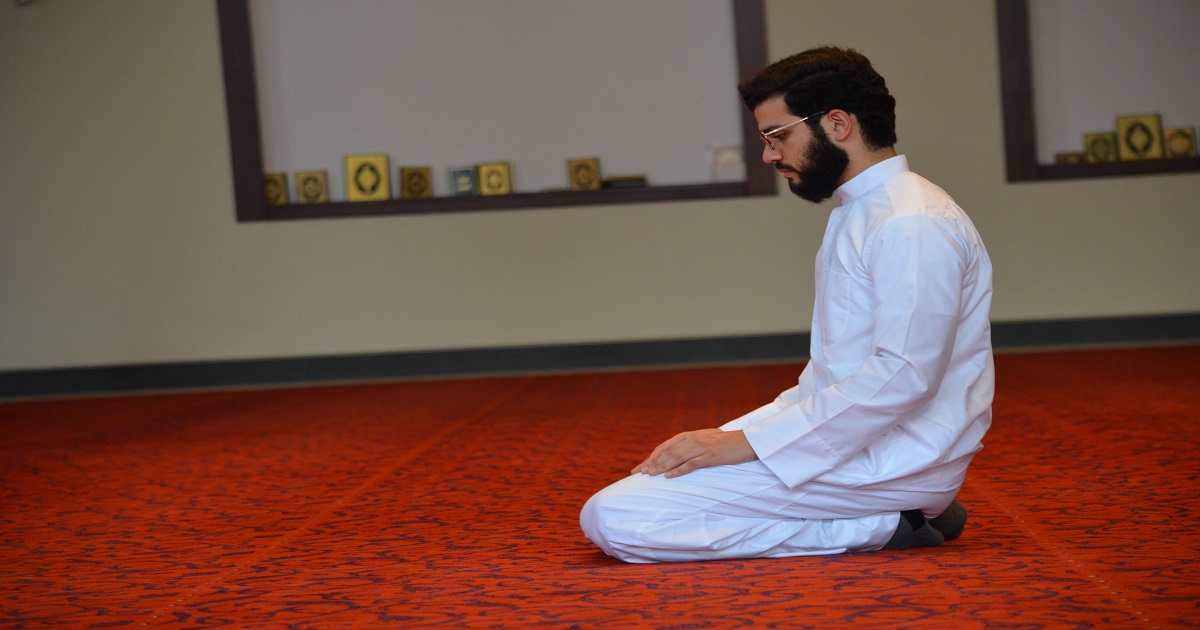Introduction
Understanding the significance of Zuhr prayer and its rituals.In Islam, performing the Zuhr prayer holds profound significance, representing a moment of spiritual connection and devotion.
Importance of Zuhr Prayer
Exploring the importance of Zuhr prayer in Islam.
Preparing for Zuhr Prayer
Steps to prepare both physically and mentally for performing Zuhr prayer.
Mental Preparation
Focusing the mind and heart towards devotion before commencing the prayer.
Physical Preparation
Preparing the body by performing ablution (wudu) and choosing an appropriate prayer area.
Step-by-Step Guide to Performing Zuhr Prayer
A detailed walkthrough of the various steps involved in Zuhr prayer.
Standing (Qiyam)
The beginning posture of Zuhr prayer, signifying readiness and reverence.
Recitation of Opening Supplications (Takbir)
Uttering the first Takbir to initiate the prayer, acknowledging the presence of the Divine.
Recitation of Surah Al-Fatiha
Reciting the opening chapter of the Quran, seeking guidance and blessings.
Recitation of Additional Verses
Reciting additional verses from the Quran after Surah Al-Fatiha, deepening the connection with the divine.
Ruk’ah (Bowing)
Bowing down in humility before the Creator, expressing submission and surrender.
Sujood (Prostration)
Prostrating on the ground, symbolizing the utmost humility and devotion.
Sitting Between Sujood
Taking a moment of reflection and supplication between prostrations.
Second Ruk’ah
Repeating the steps of bowing, prostrating, and recitation for the second cycle of the prayer.
Tashahhud
Reciting the testimony of faith and sending blessings upon the Prophet Muhammad (peace be upon him).
Tasleem
Concluding the prayer with salutations to the right and left, ending with peace and blessings.
Common Mistakes to Avoid
Identifying and rectifying common errors made during Zuhr prayer.
Rushing Through the Prayer
Taking the time to perform each step with mindfulness and focus.
Incomplete Ablution
Ensuring proper ablution before starting the prayer to maintain purity.
Lack of Concentration
Finding ways to enhance concentration and devotion during the prayer.
Benefits of Regularly Performing Zuhr Prayer
Highlighting the spiritual, mental, and physical benefits of consistent Zuhr prayer.
Spiritual Nourishment
Finding solace and tranquility through regular communion with the Divine.
Mental Clarity
Enhancing mental focus and clarity through the practice of mindfulness during prayer.
Physical Relaxation
Alleviating stress and tension through the physical movements and postures of the prayer.
Conclusion
Emphasizing the importance of mastering the art of performing Zuhr prayer for spiritual growth and inner peace.
FAQs (Frequently Asked Questions)
1. Can women also perform Zuhr prayer? Yes, both men and women are obligated to perform Zuhr prayer as one of the five daily prayers in Islam.
2. What is the best time to perform Zuhr prayer? The best time to perform Zuhr prayer is when the sun has passed its zenith until before the time of Asr prayer.
3. Can Zuhr prayer be combined with other prayers? In certain circumstances, Zuhr prayer can be combined with Asr prayer, such as during travel or when facing constraints.
4. What should one do if they miss the Zuhr prayer time? If one misses the Zuhr prayer time, they should perform it as soon as they remember, along with the intention of making up for the missed prayer.
5. Is it permissible to pray Zuhr prayer silently? While it is permissible to recite Zuhr prayer silently, it is recommended to recite it aloud when praying individually.






















